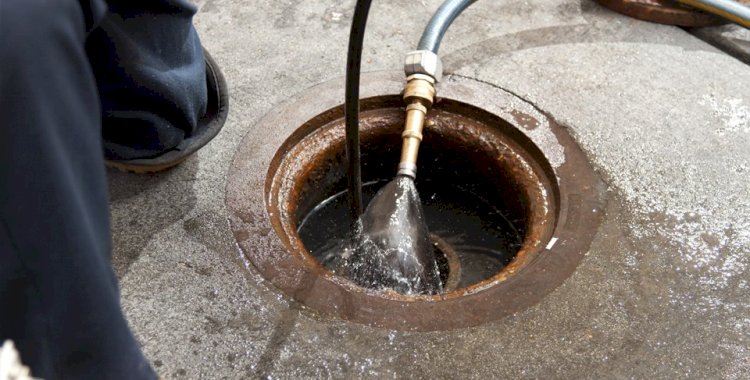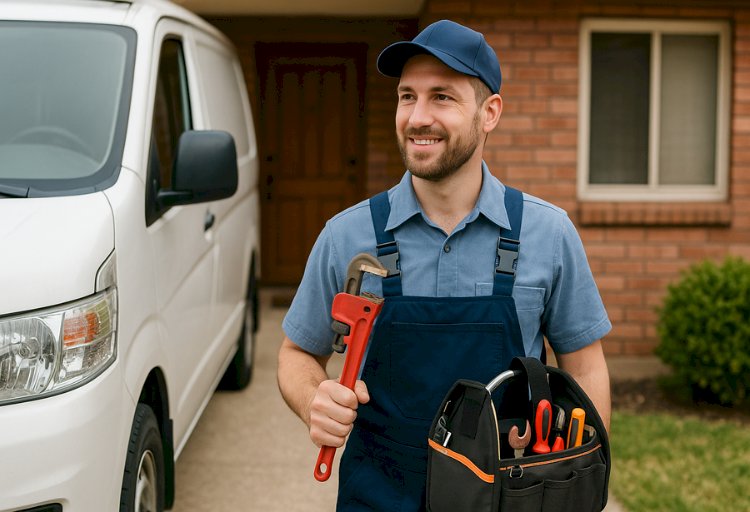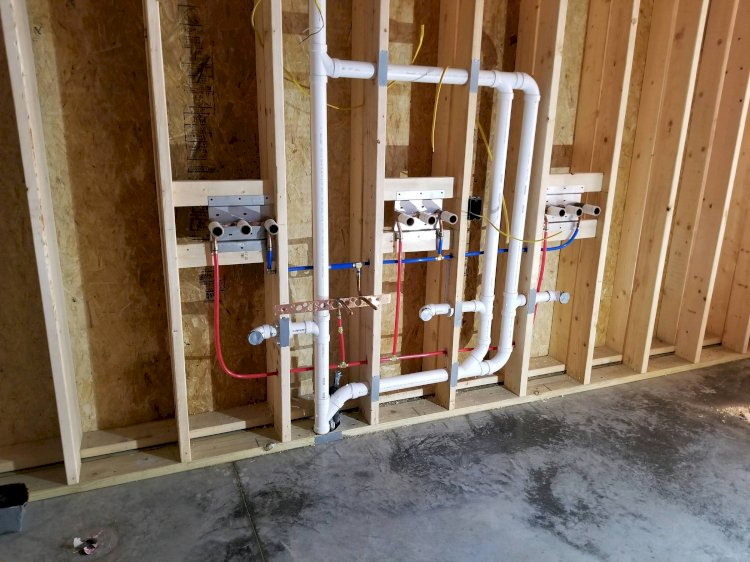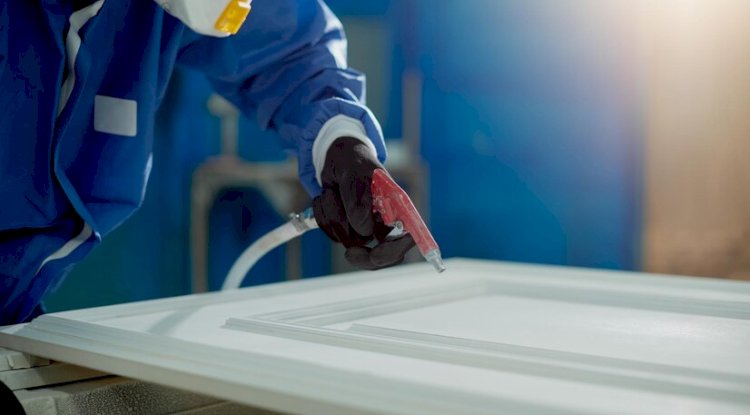3 Signs You Need To Call A Plumber
Some plumbing problems may seem like easy fixes. However, people end up paying more if they are not experienced enough. Learn more.
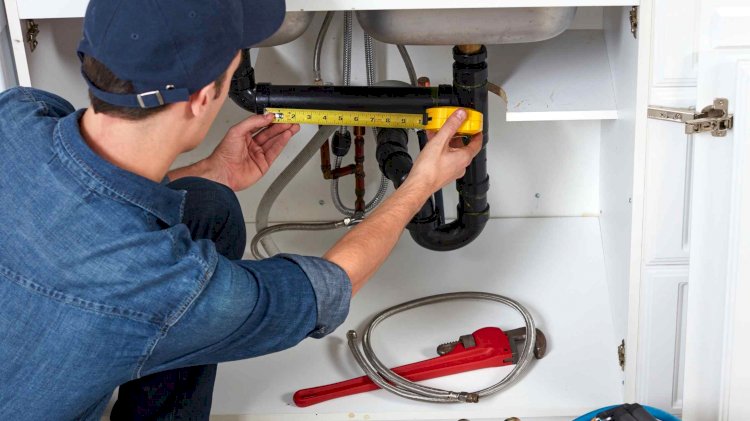
Some plumbing issues seem to have a simple solution, yet you find yourself waist-deep in water from who knows where.
Toilets and sinks have the potential to cause severe damage since leaks may spread or go unnoticed inside walls until it is too late.
The typical American household consumes around 300 gallons of water each day. Leaks and other pipe issues indicate that there is a great deal of potential danger lying inside your walls.
When do-it-yourself projects go awry, it's time to contact a plumber.
3 Signs You Need To Call A Plumber
No Hot Water
It's natural not to have any hot water after the kids have an hour-long shower, but it's unacceptable for water to always take several hours to warm up. If you encounter recurring difficulties with your water heater and never seem to have enough hot water, you should contact a plumber.
Your plumbing partner can assist you in diagnosing the problem. It might be a major worry or a little one with a simple solution. Continuously extinguishing pilot lights might be indicative of a leak or other defect.
If your tank is too small, your hot water may not last long enough. A skilled plumber can help you decide the size of the tank you'll need and install it, as well as guide you through testing the circuit breaker and addressing a variety of other minor concerns.
A competent plumber is also capable of identifying the source of substantial temperature variations. Adjusting a shower that fluctuates between freezing cold and scalding hot might result in severe burns if the temperature fluctuates dramatically and something is malfunctioning.
If you face a significant danger, have a professional inspect your igniters, fuses, thermostats, heating elements, pipelines, and many other components.
Low Water Pressure
When water does not flow vigorously, it is typically time to engage a plumber to examine the inner workings of your plumbing system. Dial Up Plumbing Services from Manly, NSW, Australia says, "3 out of every 5 clients we get has a low water pressure in their house".
When it comes to a faucet in a single bathroom, a blocked aerator may be the culprit. This may be corrected by unscrewing the aerator and removing the silt. This is often accomplished by scrubbing or soaking in vinegar.
If cleaning the aerator does not resolve the issue or if the low water pressure is present in more than one sink, there may be a far more serious issue lying under the surface. Cracked or damaged pipes in the walls or under the home's foundation are often the cause of low water pressure. Every time you use water in your house, these places will leak, creating a developing issue that may cause significant damage to your property.
If you are experiencing low water pressure that is not isolated to a single fixture, you should contact a plumber immediately.
Clogged Drains
Clogs are prevalent in plumbing, from bathtubs and toilets to indoor and outdoor faucets. Some of these obstructions can be dislodged with a plunger and some effort. However, if you are unable to clear them with a plunger or there is a persistent blockage, you should contact a plumber.
The use of specialized equipment, such as cameras, enables plumbers to examine deeper into pipes in search of a potential long-term issue. Possible difficulties include hair, oil buildup, roots entering subsurface systems, and septic tank problems.
Repeated drain issues need a call, since they may indicate a significant problem. Even a little issue, such as a tub that clogs every time you give your dog a wash, might become a larger worry if it occurs regularly. You may do home treatments, but in many cases, you are only postponing a problem or treating a symptom while an underlying issue festers.
Share
What's Your Reaction?
 Like
0
Like
0
 Dislike
0
Dislike
0
 Love
0
Love
0
 Funny
0
Funny
0
 Angry
0
Angry
0
 Sad
0
Sad
0
 Wow
0
Wow
0

